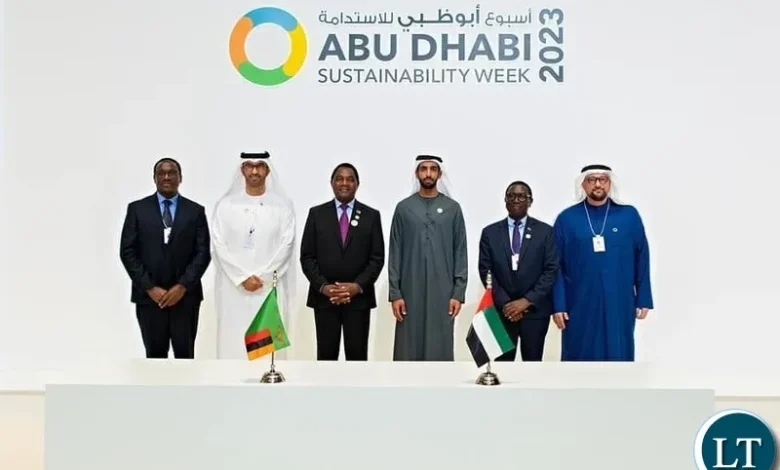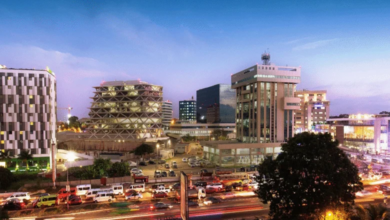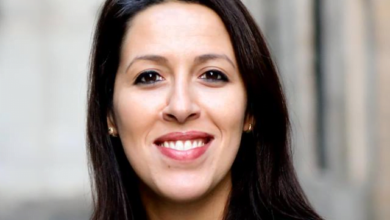Focus: UAE invests in solar power in Zambia

Energy. In the current global context, the continent’s vast energy resources, particularly in the field of renewables, are attracting a great deal of interest. Including from countries of the Middle East. One of them, the United Arab Emirates, recently invested in an ambitious project in Zambia.
The UAE’s state-owned renewable energy company, Masdar, and Zambia’s state-owned energy company, ZESCO, recently signed a Memorandum of Understanding (MoU) and Joint Development Agreement (JDA) to develop 2GW of solar PV in Zambia. The $2 billion project will be developed in phases over the next five years, starting with the installation of 500 MW, said President Hakainde Hichilema.
« This is not a loan but a capital injection in which the people of Zambia, through Zesco, will be partners in shareholding, » he said. “Once completed, the projects will result in an additional 2,000 megawatts of electricity in the country, within the next few years,” Hichilema added.
Zambia’s energy situation is a pressing matter, as the country’s hydropower generation has failed to meet the nation’s energy demand in recent years. This is due to the decline of rainfall caused by climate change, resulting in electricity rationing. Hydropower currently accounts for 85 per cent of Zambia’s installed electricity capacity of 2,800 MW. National access to electricity averages at 31 per cent, with 67 per cent of the urban population and 4 per cent of the rural population having access to power. The Government of Zambia (GoZ) has set a goal for universal electricity access for all Zambians by 2030.
“Masdar has the right capital and resources to accelerate the deployment of renewable energy”
Founded in 2006, Masdar has taken a leadership role in the global clean energy sector and has helped to drive the nation’s economic diversification and climate action agenda. According to its CEO, Masdar has the right capital and resources to accelerate the deployment of renewable energy. The partnership with ZESCO is expected to bring in much needed investment and technical expertise to help Zambia to achieve its goal of universal access to electricity by 2030.
The partnership between Masdar and ZESCO is expected to bring significant benefits to Zambia. Masdar’s experience in the clean energy sector and access to capital and resources will help accelerate the deployment of renewable energy in Zambia and reduce carbon emissions.
However, the project also brings its own set of challenges. One of the main challenges is the lack of infrastructure and skilled workforce in the country, which may slow down the implementation of the project. Additionally, there may be concerns about the environmental impact of the project, as well as the potential displacement of local communities.
“Solar energy development in Zambia can bring numerous benefits not only to the country, but also to the entire region”
The development of clean sources of energy such as solar of great importance for Zambia to diversify its energy generation portfolio. The 2GW solar project will help reduce the country’s dependence on hydroelectric power, which has been affected by the decline of rainfall caused by climate change. Solar energy development in Zambia can bring numerous benefits not only to the country, but also to the entire Southern African Development Community (SADC) region. Furthermore, solar energy is often more cost-effective than traditional fossil fuels, especially in areas where there is limited access to grid electricity. Many rural and remote areas in Zambia are not connected to the national grid and solar energy can provide a reliable source of electricity for these communities. The installation and maintenance of solar energy systems also creates job opportunities for local residents, which can help to improve economic development.






